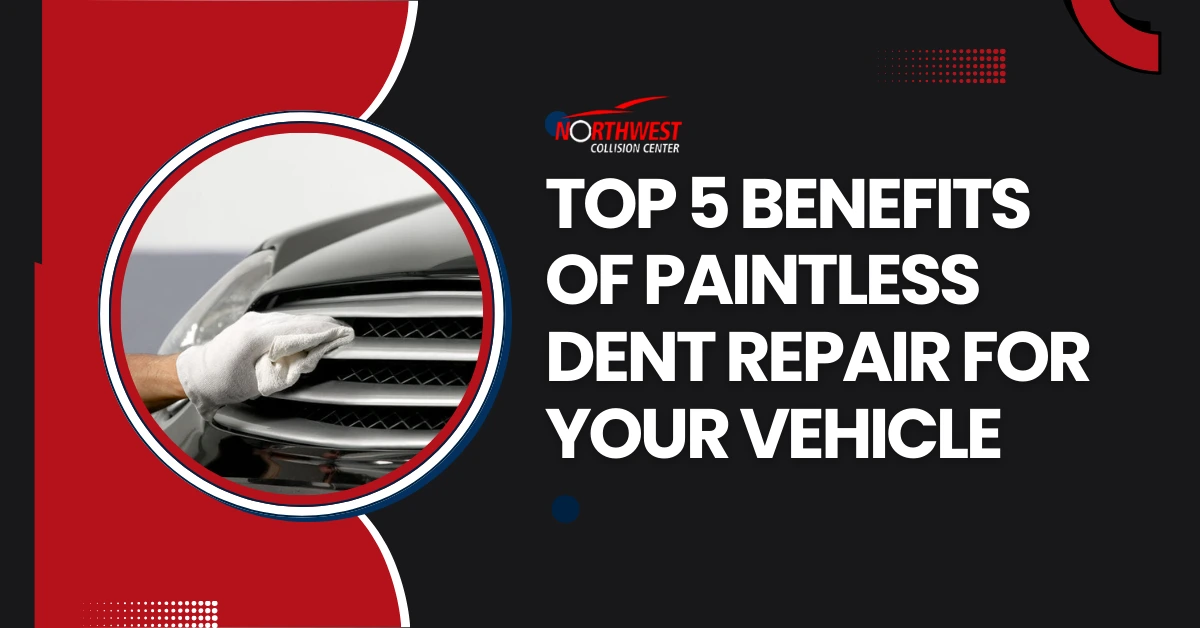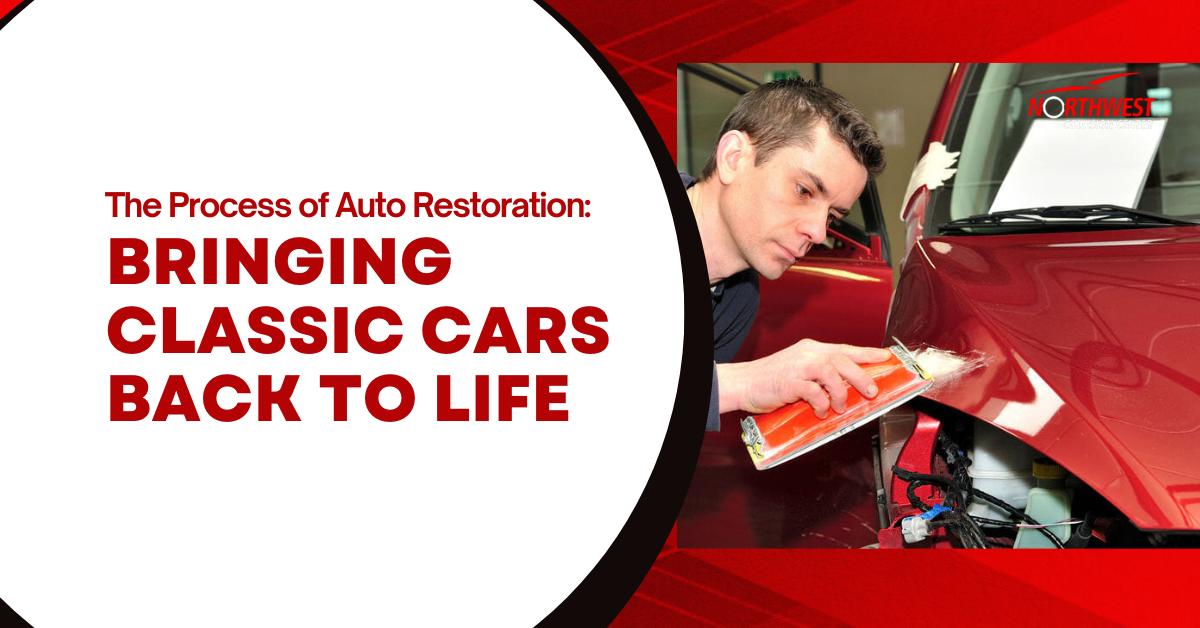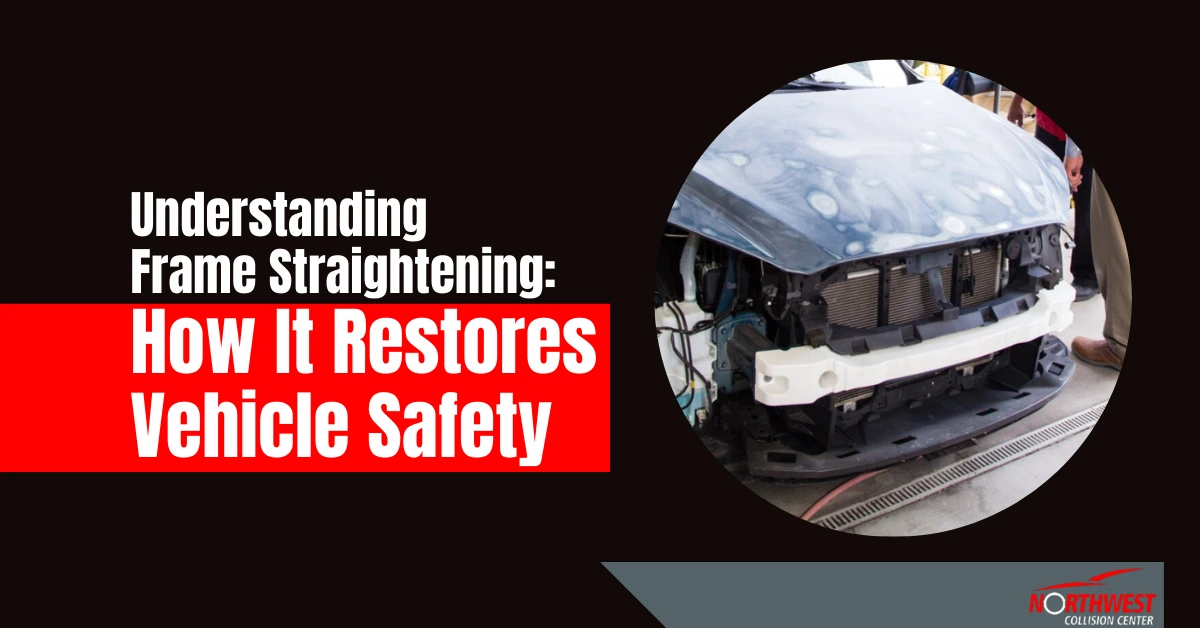Don’t Have a Second Accident by Choosing the Wrong Auto Body Repair Shop
If you haven’t been in an accident yourself, kudos! However, the fact that you’re reading this suggests otherwise. Let me give you a piece of advice. Don’t get into a second accident by choosing the wrong auto body shop. When choosing an auto body shop, price should be considered, but expertise, experience, excellent customer service, and great word of mouth recommendations should count just as heavily.
Should I Choose the Shop With the Lowest Estimate?
Sometimes the lower estimates are only lower until they get your car and keys in their possession. However, when you choose the right shop, you’re less likely to receive a phone call informing you that additional time is needed (increased labor rates), and/or new damage was discovered after the estimate was given. Unless you can figure out a clever way to carry your disassembled car out in pieces, you’re at the mercy of the key holder.
They Offered to Waive the Deductible!
One of three things is likely to happen when an auto body shop offers to waive the deductible. First, they may hike up the prices elsewhere to pass that cost on to your insurance company. Second, they may cut corners on your repair to cover the cost. Lastly, they may do both. If an auto body shop is willing to bite the hand that feeds them, the insurance company, why shouldn’t the customer be bitten as well? Profit margins are extremely low for auto body shops, so that “savings” is coming from somewhere.
They Were Mobile and Came to Me!
Flip open any phone book and you’ll find licensed mobile auto body repair companies. You’re already saving the gas to get to them, right? However, in a couple of months, when you realize the dented area they fixed is showing rust and the paint is chipping, you have no recourse. It’s not their fault either. You paid for a quick fix, and they gave it to you. They were under no obligation to tell you that the paint and metal were compromised.
Protect Your Wallet and Yourself!
There are several indicators of a quality shop.
- Longevity and community presence
- Positive relationship with insurance companies
- Positive word of mouth feedback
- Think preventative
- Take the time to explain things to you
- Resources for your make/model vehicle
- Company credentials
- Warranties
Time is precious, so taking a couple of hours to find a reputable and stable auto body shop will save you countless hours and headache in the long run.
A high quality auto body repair can also minimize the value your vehicle loses by being in a collision in the first place.










